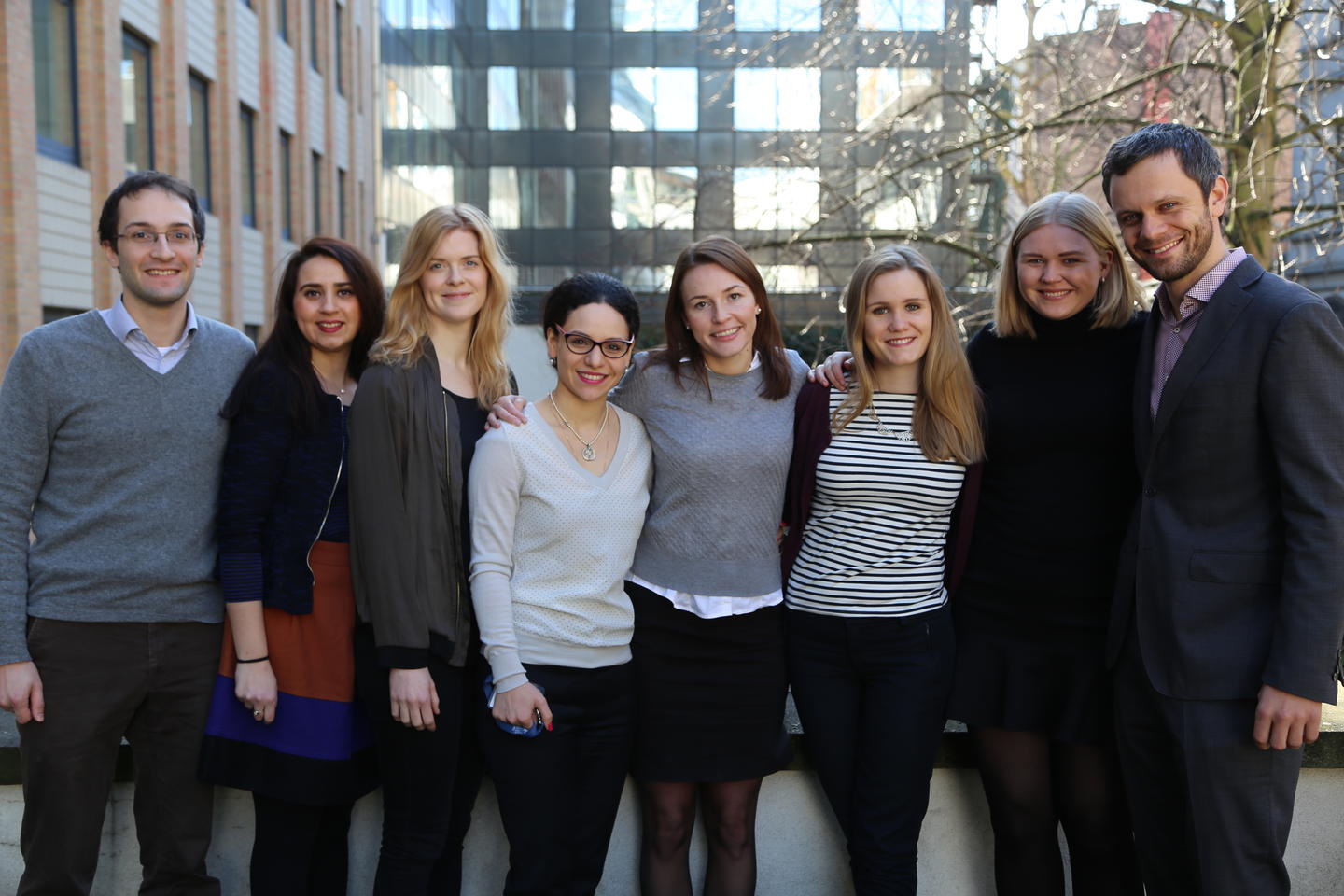The aim of the traineeships is to provide junior civil servants and other qualified applicants with opportunities for training and familiarisation with the work and functions of the FMO.
Field of work
The trainees will be assigned to a specific department/unit of the FMO according to the academic field of specialisation, personal preferences and career objectives.
Posts are offered within the following departments/units and fields of work:
- Legal Affairs
- Finance and Control
- Communication
- Results and Evaluation
- Sectors and Funds
- Country and Bilateral Cooperation
A short overview of the activities of each department/unit and the related trainee posts can be found here.
Qualifications
- University degree within law, economics, statistics, political science, international relations or other relevant and equivalent experience.
- Work experience of 1-2 years in a governmental service and knowledge of the EEA agreement would be an advantage.
- Knowledge of standard office IT applications (Microsoft Office).
- An analytical mind with ability to draft good quality documents in English.
- A flexible and motivated team player and capable of taking on a wide variety of tasks, both complex and more basic.
- Fluency in both spoken and written English.
Twelve month placements
The selected trainees will join the FMO on 1 September 2016. The traineeship will last until 31 August 2017.
All applications must be submitted via the EFTA e-recruitment tool. The trainees receive a flat monthly allowance (net of taxes) of EUR 1 465, and the FMO will provide accommodation.
The traineeships are open to all EU and EFTA nationals. The deadline for applications: 13 March 2016.
For more information, please read the full advertisement on the EFTA job portal.
Photo: Current FMO trainees. From left to right: Giovanni Bastianello (Results and Evaluation), Erzsébet Anita Német (Sector and Funds – Roma inclusion), Ingvild Jacobsen (Sector and Funds, Country and Bilateral Cooperation), Rimma Abadjan (Legal Affairs), Silje Brandtzæg Sundfør (Finance and Control), Kristine Lunde-Tellefsen (Country and Bilateral Cooperation), Sunniva Christophersen Haugen (Communication), Vegard Berggård (Sector and Funds – Civil Society).
